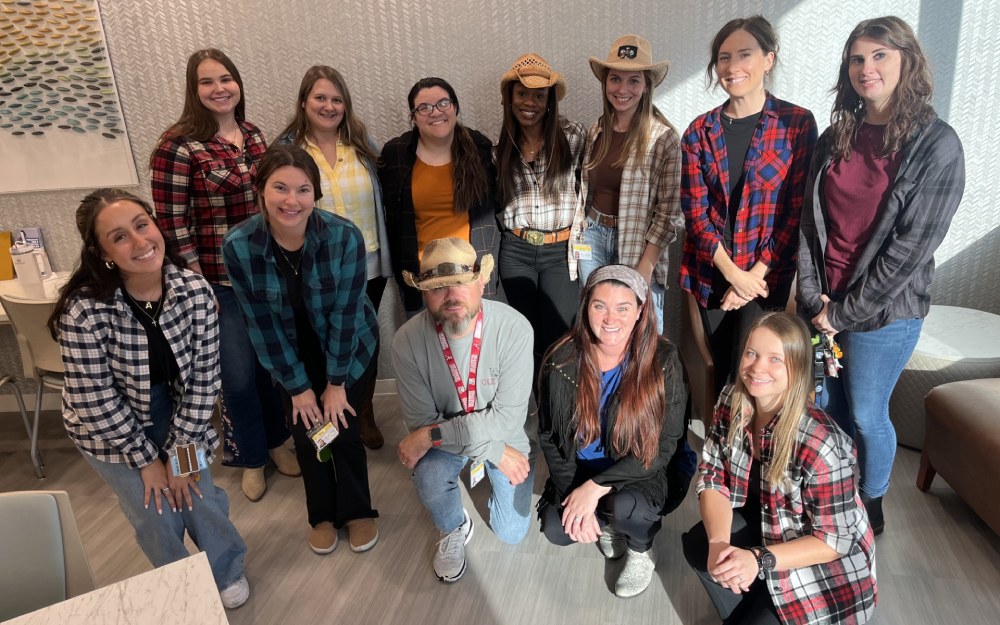
Fully licensed Wisconsin therapists encouraged to join new Outpatient Counseling offering
08/15/24 12:30:pm
Outpatient Counseling made its soft launch in June, primarily serving Rogers patients who have completed another level of care with us. As we look to expand the offering to serve more patients, including those who have not been previously treated at Rogers, fully licensed therapists in Wisconsin have an exciting opportunity to get involved.
By becoming an outpatient counselor, employees will work one-on-one with patients of all ages to help them build a toolkit of coping skills and strategies for working through life’s challenges. Patients participating in Outpatient Counseling may be experiencing sadness, depression, mood swings, anxiety, behavioral changes, trauma, or other challenges coping with daily life. Patients with a primary substance use disorder are not eligible for this offering at this time.
There are currently four outpatient counselors at Rogers, and they say it’s been rewarding to help Rogers launch this new service.
“I chose to join Outpatient Counseling primarily because I thought adding this level of care to the services Rogers provides was a wonderful idea,” says Katelyn Castle, a therapist. “I love that it increases access to care within a system that our patients trust and want to be a part of.”
Throughout the first two months of this service, the response from patients has been encouraging.
“Many of the patients I’ve worked with have expressed that they’re glad that Rogers now offers outpatient therapy because they were happy with the care provided during their previous admissions. They’ve also noted that there was essentially no wait to begin the process and that they love the option to participate via telehealth,” says Katelyn.
Counselors say that there are many benefits of joining this new service.
“It’s easy to lose sight of the differences and similarities at the various levels of care,” says Tanya Cass, MS, LPC. “As a full-time trauma therapist in PHP/IOP, it’s also nice to work with lower acuity patients. There are so many different ways to support people in growing and healing, and I am grateful to be able to explore them through this program!”
Fully licensed Wisconsin therapists are encouraged to complete the inquiry form if they’re interested in joining the outpatient team. Importantly, this opportunity allows therapists to continue working in their current role, with all counseling hours falling outside of their regular schedule. They also can set their own working hours as long as they’re able to offer a three-hour block of time each week. Additionally, existing counselors say that there’s a great deal of support from others, making this an exciting opportunity for those looking to expand their work.
“There were so many unknowns with joining Outpatient Counseling as it was just starting up, but working collaboratively with everyone involved has made the process go so much more smoothly than I anticipated,” Katelyn explains. “I’ve been able to get all my questions answered along the way. My advice would be that it you’re considering applying, go for it!”
Another exciting benefit? Getting to see more of the continuum of care and having a better understanding of outpatient services.
“I would say to anyone thinking about doing this as an add-on to their regular FTE that it’s nice to see the ‘what’s next?’ part for those stepping down from higher levels of care. It’s really helped me understand how to talk to my PHP/IOP patients about transitioning to outpatient care,” says Tanya.
To learn more working in Outpatient Counseling, including answers to common questions, visit Rogers Connect.





